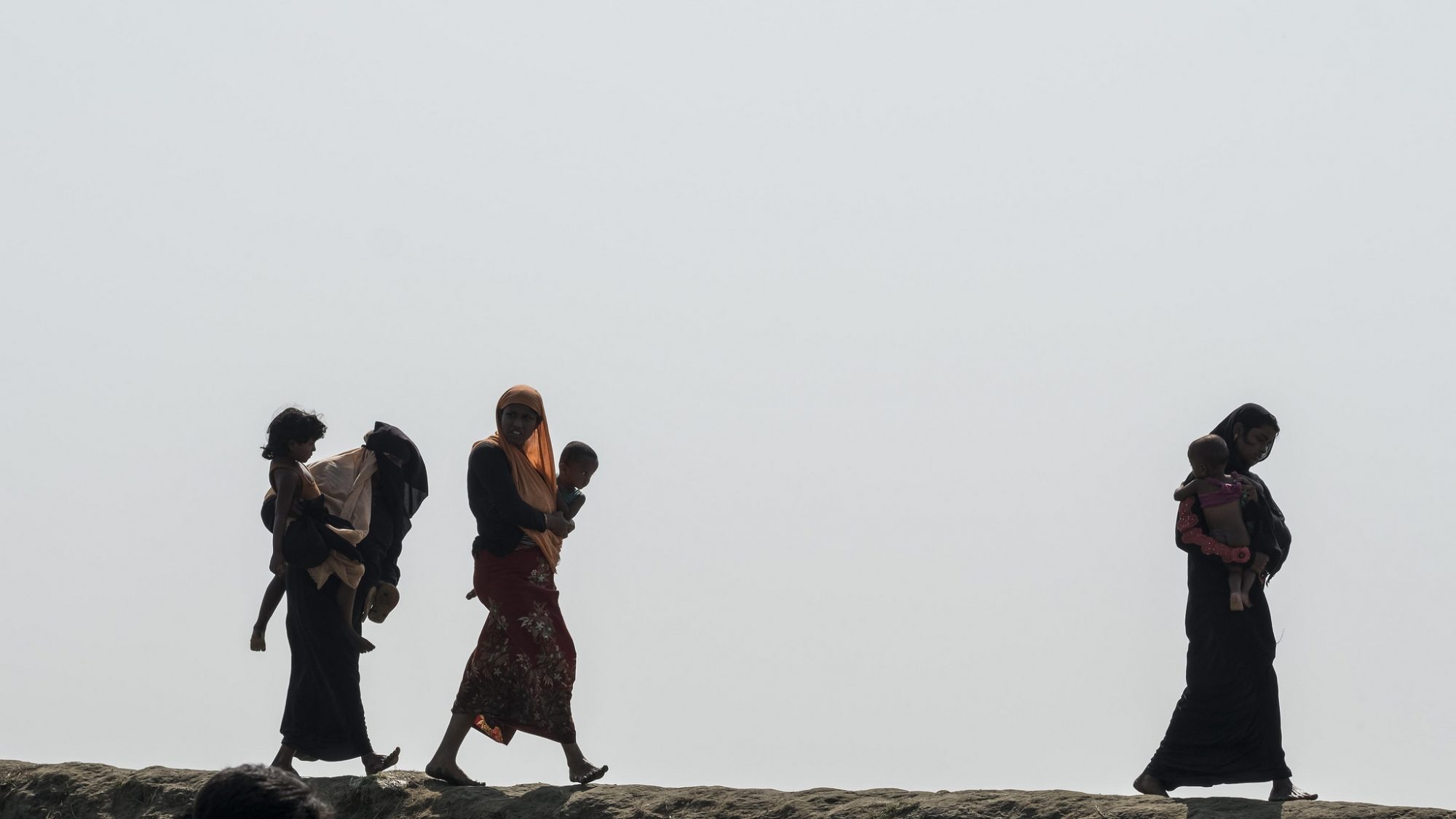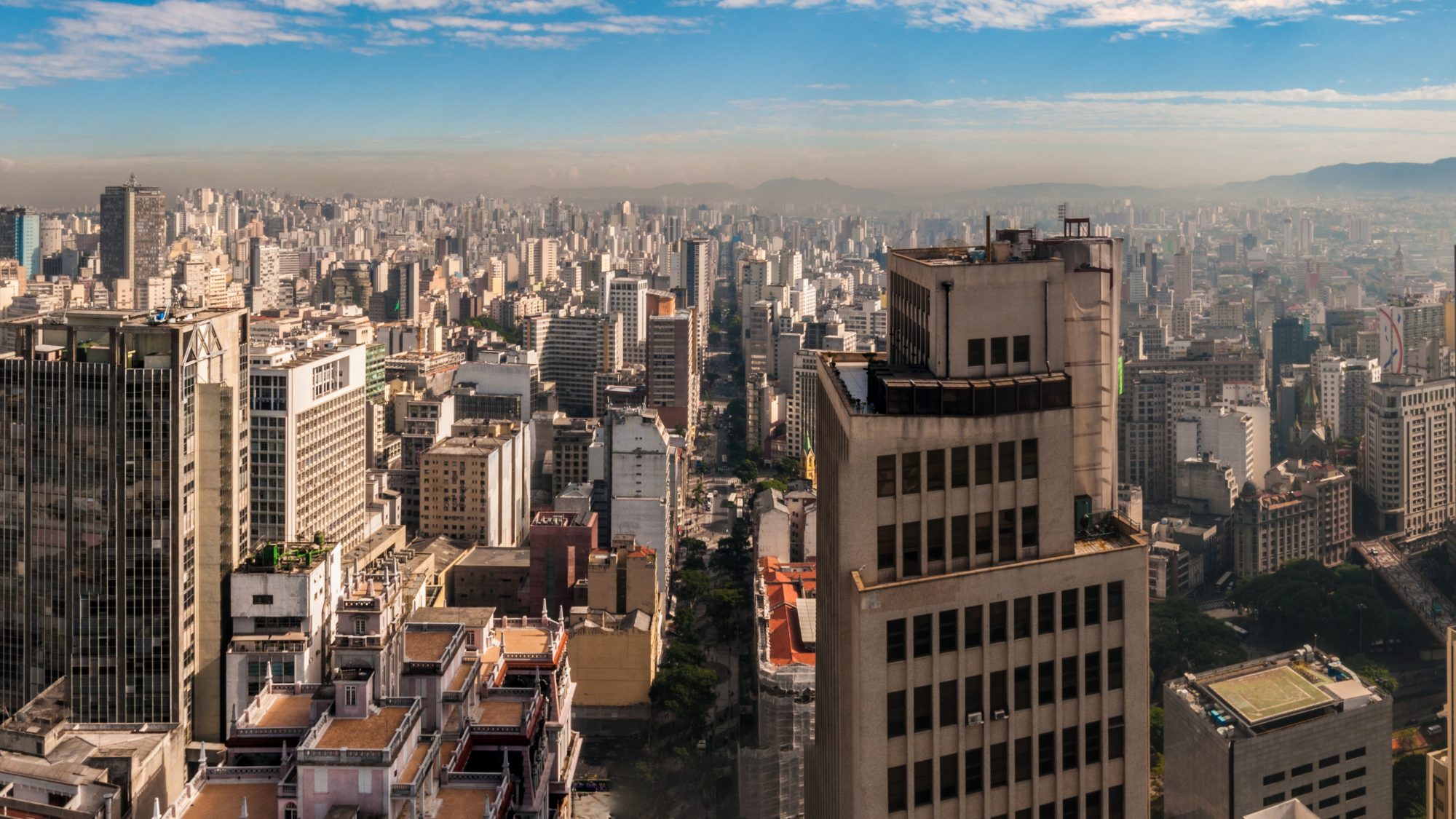GGF 2030 Final Reports - Forced Migration, Future Geopolitics and Cities

Introducing the GGF's three final interactive reports.
The Global Governance Futures program (GGF) brings together young professionals to look ahead 10 years and think of ways to better address global challenges. Building on a decade of successful rounds of the GGF program, GGF 2030 convened 27 fellows from Brazil, China, France, Germany, India, Indonesia, Japan, South Africa, and the United States (three from each country). Over the course of 2018 and 2019, the fellows participated in four dialogue sessions, which took place in Washington, DC, New Delhi, São Paulo, and Paris and Berlin.
The GGF 2030 fellows – selected from the public, private and non-profit sectors – formed three working groups, each focusing on one key global issue. For this round, they focused on the futures of global order, the global migration and refugee challenge, and the role of cities in global governance. Using strategic foresight instruments, including scenario planning and risk assessment, the working groups produced scenarios for their respective issue areas. Based on their findings, the fellows put together a range of products that outline scenarios of potential global governance challenges of the coming decade and ways to address them.
The fellows' findings and final interactive reports can be found at the links below:
Re-Imagining Forced Migration Governance for 2030
The New (Dis)Orders: Envisioning the Complex Futures of Geopolitics
Make or Break: How Will Cities Shape Future Global Challenges?
Global Governance Futures 2035 will begin in 2020. The 27 new GGF fellows will look ahead to the year 2035 to explore the futures of climate-related conflict, media and information, and the politics of inequality. Learn more about the programme.





